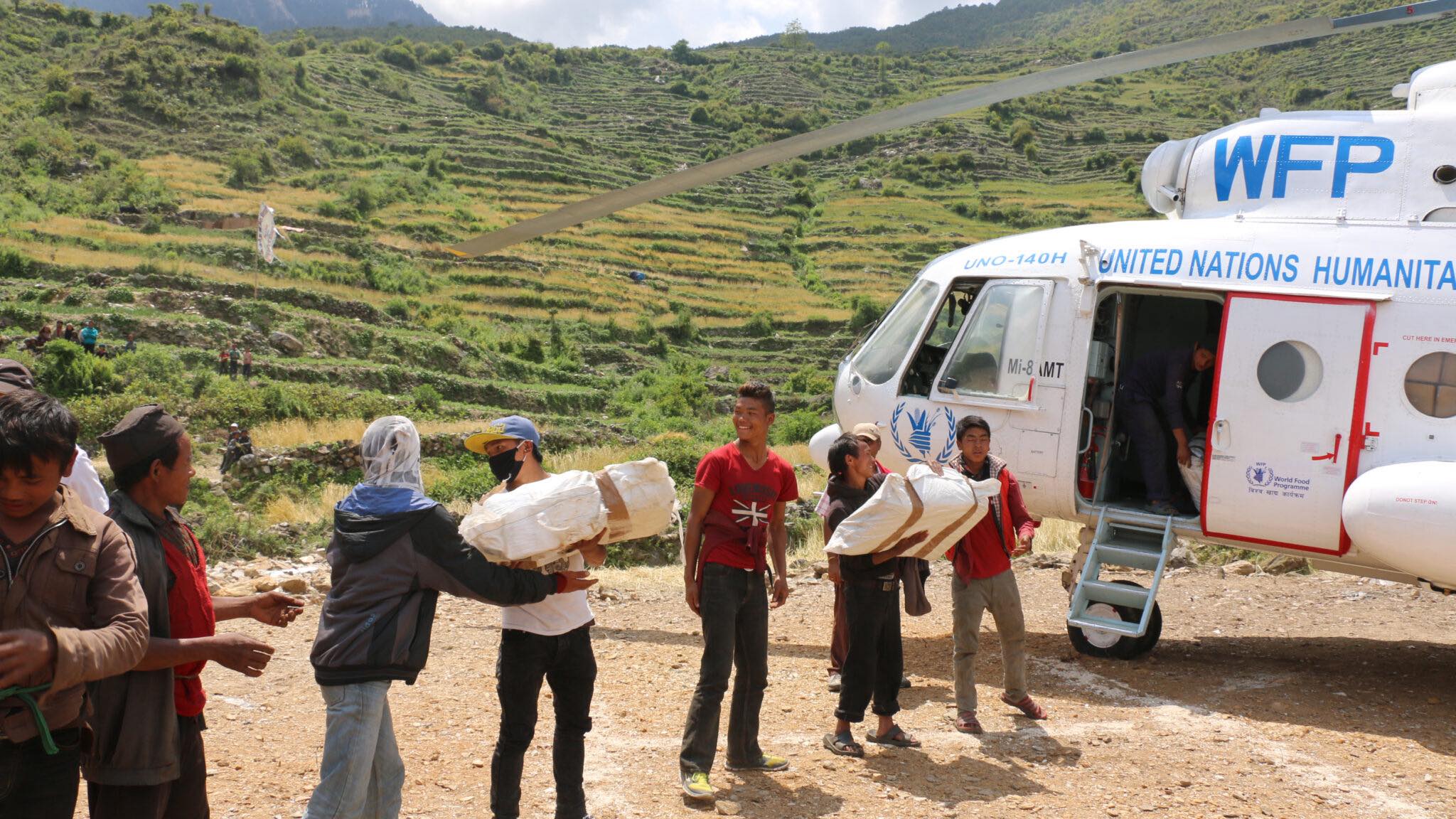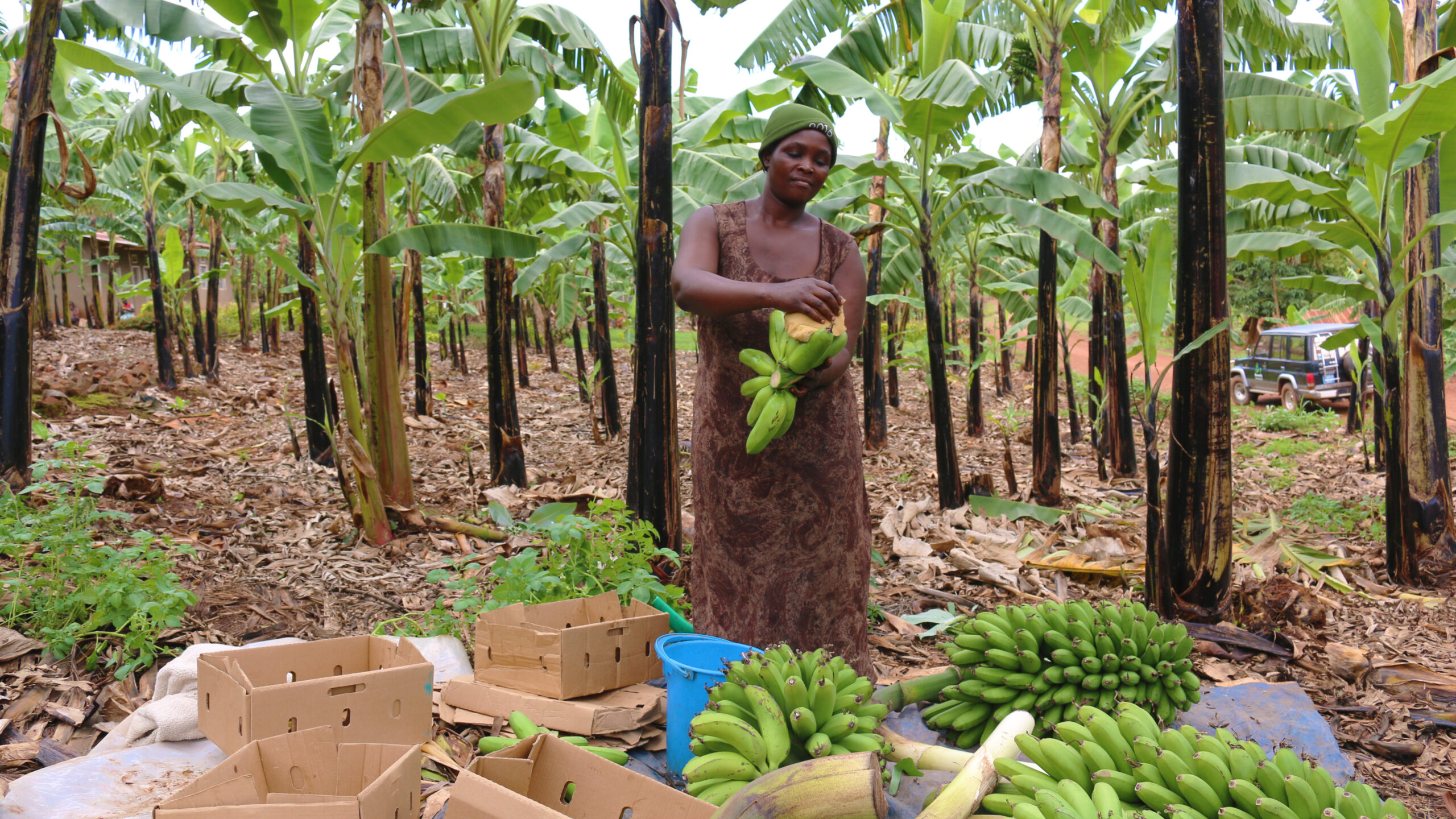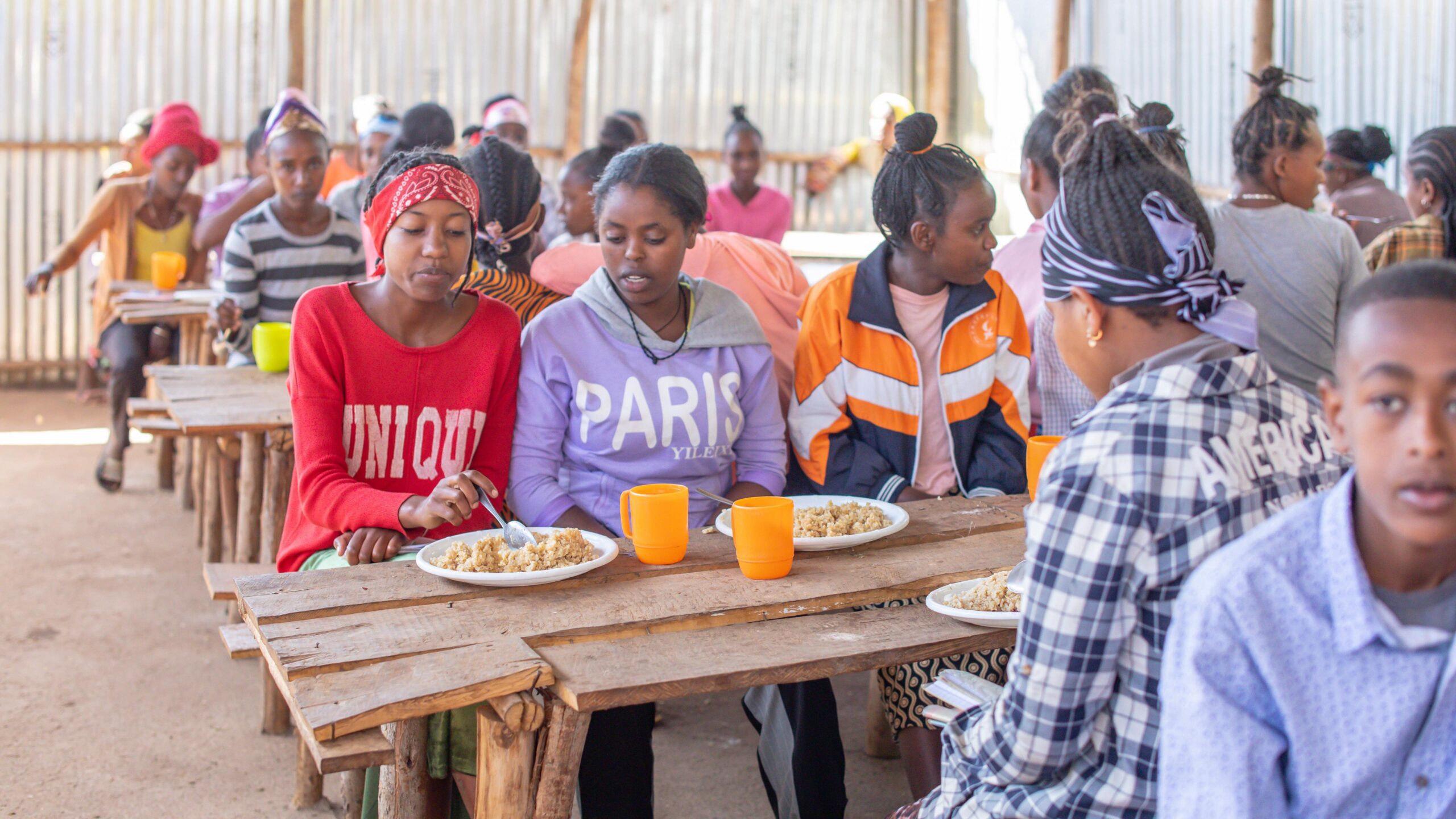With global food production facing ongoing impacts from the COVID-19 pandemic as well as the broader challenges of climate change, G20 countries must redouble efforts to build sustainable and resilient food systems, G20 agriculture ministers agreed at their meeting Sept. 17-18 in Florence.
The pandemic has threatened global social, economic, and environmental well-being. Although global agriculture and food systems have produced enough food to feed a growing population and have improved food availability, growing food production has contributed to a rise in greenhouse gas emissions and the world is off-track to achieve the goal of zero hunger (Sustainable Development Goal 2) by 2030. To address these challenges, the group reiterated its commitments to the 2030 Agenda and the Paris Climate Agreement to transform food systems and address climate change, and to find appropriate institutional, collaborative, and financial frameworks for transitioning to sustainable models.
The prosperity of rural areas is crucial for social sustainability and growth of agrifood systems, the ministers’ statement said. This means increasing incomes and employment for farmers, agricultural workers and seasonal migrant workers, and creating attractive job opportunities to include women and youth in agricultural sector. Fulfilling this goal will also require easier access to education, capital, technologies, and markets.
Moving forward requires a holistic and socially inclusive approach that considers the environmental, economic, and social impacts of transforming food systems at the nexus of agriculture, climate, biodiversity, and natural resources, in line with the G20 Matera Declaration, the ministers agreed. Including youth, women, indigenous peoples, and local communities in decision-making processes and solutions is central to ensure social inclusion, gender equity and equality.
Pre-pandemic, as much as one third of the world’s food was lost or wasted, and those numbers have since risen. The agriculture ministers committed to reduce per capita global food waste by half at the retail and consumer levels and to reduce post-harvest food losses and losses along production and supply chains by 2030. This will mean further strengthening the Technical Platform on the Measurement and Prevention of Food Loss and Waste, coordinated by FAO and IFPRI since 2015.
Understanding the interactions between human, animal, plant, and environmental health is crucial, as these can pose biological threats and risks to agriculture and food security such as COVID-19 and antimicrobial resistance (AMR). The ministers stressed the importance of the One Health approach to combat AMR, emerging zoonotic diseases with pandemic potential, and other threats to global food and health security.
Increasing investments in research, development, and innovation is pivotal for building sustainable and resilient food systems and to reverse the effects of climate change and biodiversity loss, the statement said. Digital transformation is also key to to fostering innovation and its adaptation in the agrifood sector.
Transparent, open and non-discriminatory international agrifood trade is critical to maintain global food security and nutrition, especially given market unpredictability, climate change and its effects on food crops, health crises and during conflict and unrest. The Nov. 30-Dec. 3 Twelfth WTO Ministerial Conference (MC12) in Geneva will be instrumental in addressing current challenges and to make further progress within international trade practices among all member countries.
The ministers recognized the contribution of the Agricultural Market Information System (AMIS), of which IFPRI is a part, in enhancing food market transparency and coordinated policy responses in reducing global food market uncertainties, especially during the current food and health crisis, and called upon members to continue providing financial support to sustain the AMIS network.
Now is the time for government ministries, private entities, think tanks, public sector, academia, and other stakeholders involved in agricultural and food systems transformation to step up and coordinate their efforts to address the challenges the world faces, the statement said. The outcomes of the Sept. 23 UN Food Systems Summit will also contribute to these efforts.
The next G20 Agriculture Ministers’ Meeting will take place in Indonesia in 2022.
Swati Malhotra is a Communications Specialist with IFPRI’s Markets, Trade, and Institutions Division (MTID)







